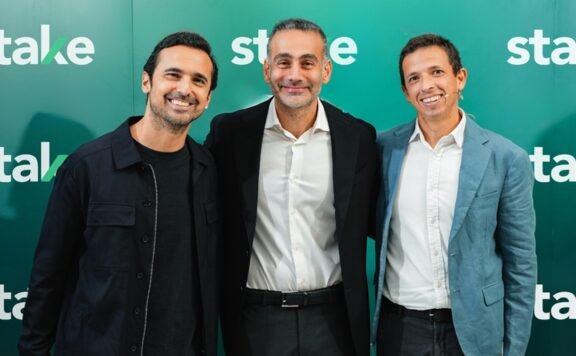Masdar Institute of Science of Technology, an independent, research-driven graduate-level university focused on advanced energy and sustainable technologies, announced it hosted a two-day ‘Policy’ course for members of its outreach initiative, the Young Future Energy Leaders ‘YFEL’ programme.
Titled ‘The Role of Policy in the Renewable Energy Industry’, the course was held in Abu Dhabi. More than 40 YFEL members participated in the program that covered a wide range of topics in renewable energy policy from a variety of perspectives.
Three intensive courses on the first day were offered by Masdar Institute faculty including Dr. Steve Griffiths, Executive Director, Institute Initiatives, Dr. Toufic Mezher, Associate Dean for Student Affairs and Professor of Engineering Systems and Management, and Dr. I-Tsung Tsai, Professor, Mechanical Engineering program. A special session on the second day was led by Katarina Uherova Hasbani, Senior Energy Analyst, Dubai Supreme Council of Energy.
The two-day YFEL course forms part of an annual schedule of three courses on Technology, Policy and Leadership that cover renewable energy-related issues in environmental engineering and management. The courses target young practitioners and graduate students who aim to expand their knowledge of core issues in the areas of renewable energy technology and policy.
Zainab Abdul Rahim Al Ali, Senior Outreach Officer and YFEL Program Coordinator at Masdar Institute, said, “The specially organized courses for YFEL members were led by experts from faculty and industry professionals, whose rich insights brought a new dimension to the learning experience of the participants. As directed by the country’s leadership and with their support, it is our objective to develop full-fledged professionals, well-versed in all the areas of clean energy to remain future industry leaders. The two-day course will surely benefit the young industry professionals and graduate students in achieving their knowledge goals.”
Focusing on ‘Technology Strategy’, Dr. Steve Griffiths led the first module and highlighted the need for effective policy interventions to stimulate clean technology research, development, demonstration and deployment ‘RDD&D’ that will help overcome economic and structural barriers for clean technology deployment. A Professor of Practice in Chemical Engineering, Dr. Griffiths earned his PhD in Chemical Engineering from MIT and his MBA from the MIT Sloan School of Management.
Dr. Griffiths said, “Effective policy measures are the right instruments to take clean technology deployment further. As future energy industry leaders, the YFEL members need to be provided the right ingredients to develop into effective professionals. The insightful perspectives on policy issues provided at the two-day training program have equipped them and strengthened their skill sets for becoming accomplished future leaders in the energy industry.”
The second module on ‘The Role of Policy in Clean Technology Innovation and Deployment’ was led by Dr. Toufic Mezher, offering students an introductory view on managing technology in high-tech industries through the discussion of a case study. Students were asked to read Harvard Business School Review of 2010 about First Solar to prepare for the class. Dr. Mezher earned a BS in Civil Engineering from the University of Florida, as well as a Master’s and ScD in Engineering Management from George Washington University.
Dr. I-Tsung Tsai covered ‘The Dynamic Aspects of Sustainable Energy Policy Design and Carbon Finance’ in the third module. Focusing on the design of sustainable energy policy for complex energy economic systems and the financial strategies to promote clean tech investment, he elaborated on the key concepts, followed by team discussions and case examples. Previously a water strategy consultant for the Singapore government and a visiting scholar to the Institute of Financial Research and Management, India, Dr. I-Tsung Tsai’s research interests include carbon management, carbon finance, infrastructure policy and information economics.
Currently responsible for policy-related initiatives at the Dubai Supreme Council of Energy, Katarina Uherova Hasbani had previously taught energy, environment and public policy courses at universities in Beirut and Dubai. She previously worked for the European Commission in Brussels, where she held several positions dealing with the European Union’s energy policies, including as Cabinet Member of the EU Energy Commissioner. The Stanford University, along with the Safadi Foundation, granted her the title of Scholar of the Year 2011-2012 for her paper on electricity sector reform in Lebanon.
Holder of a Master’s degree from Sciences Po ‘Institute of Political Sciences’ in Paris, Katarina additionally holds a Master’s in International Relations from Matej Bel University in Slovakia as well as a Bachelor’s degree in Finance.
Part of the Masdar Institute’s Outreach program, YFEL offers young professionals and students from the UAE and abroad an opportunity to become more engaged in finding solutions to the world’s biggest challenges – achieving energy efficiency and tackling climate change. It also aims to bring young professionals closer to government representatives, business leaders and other organizations active in the area of alternative energy and sustainability.




